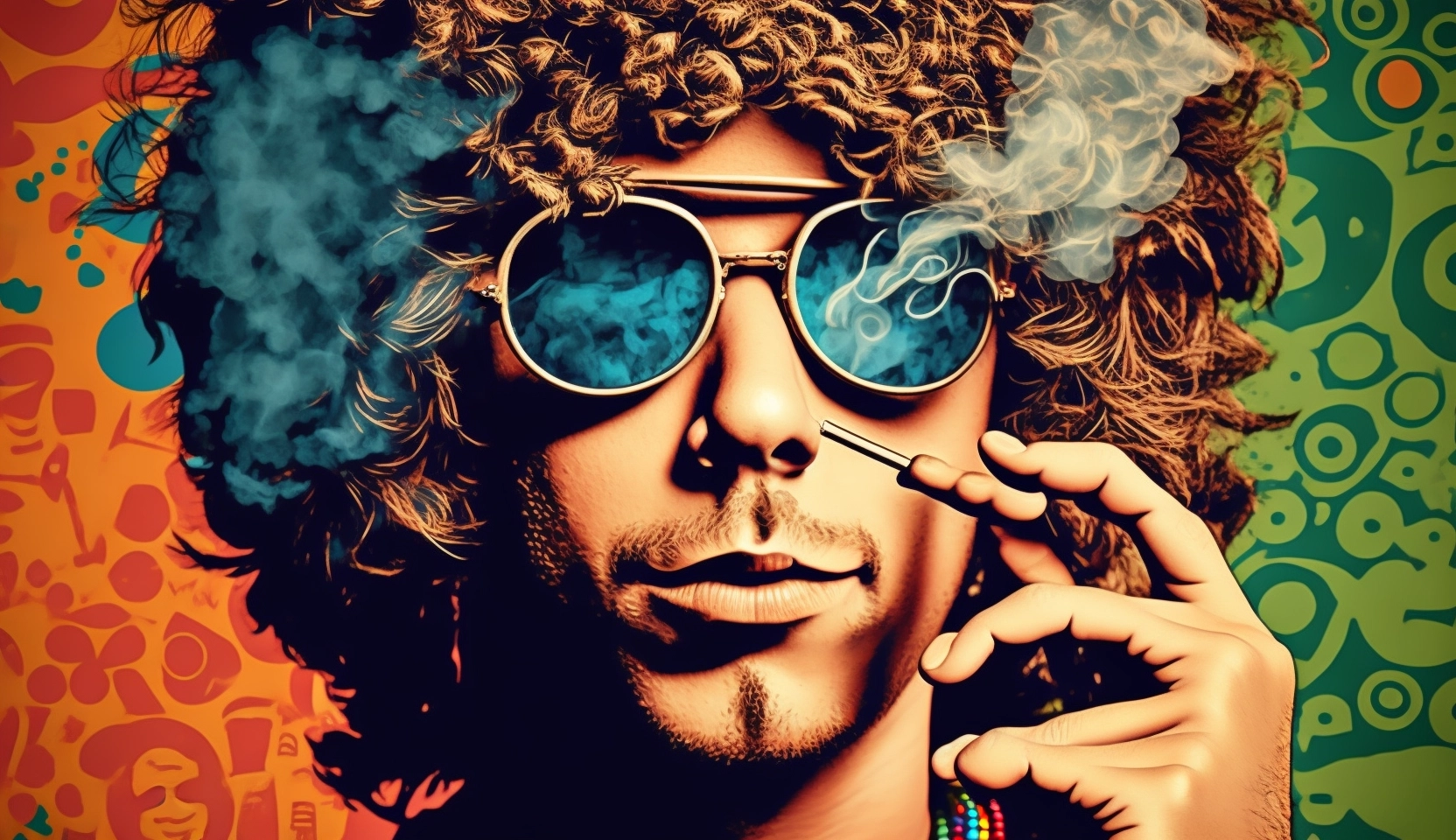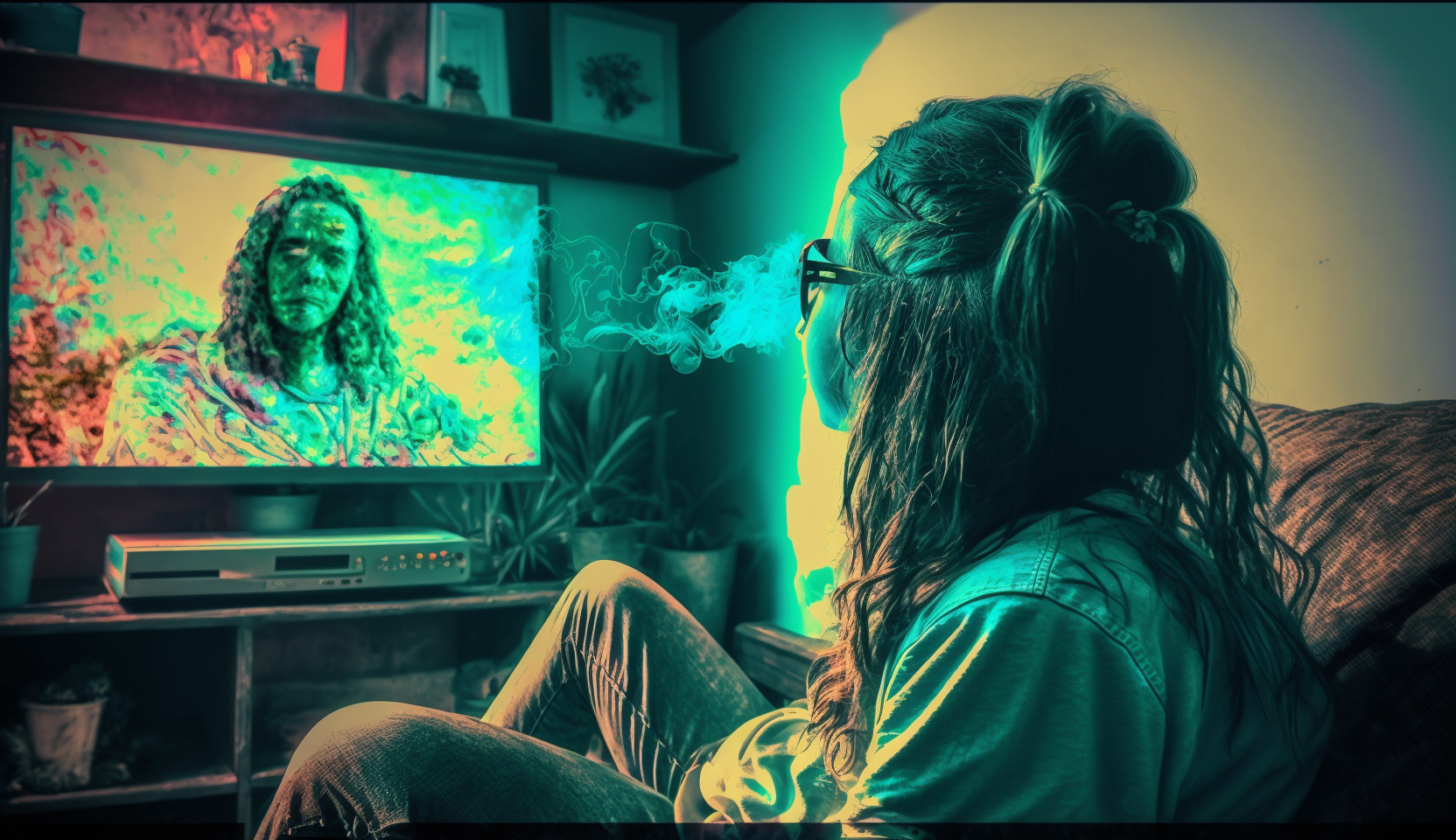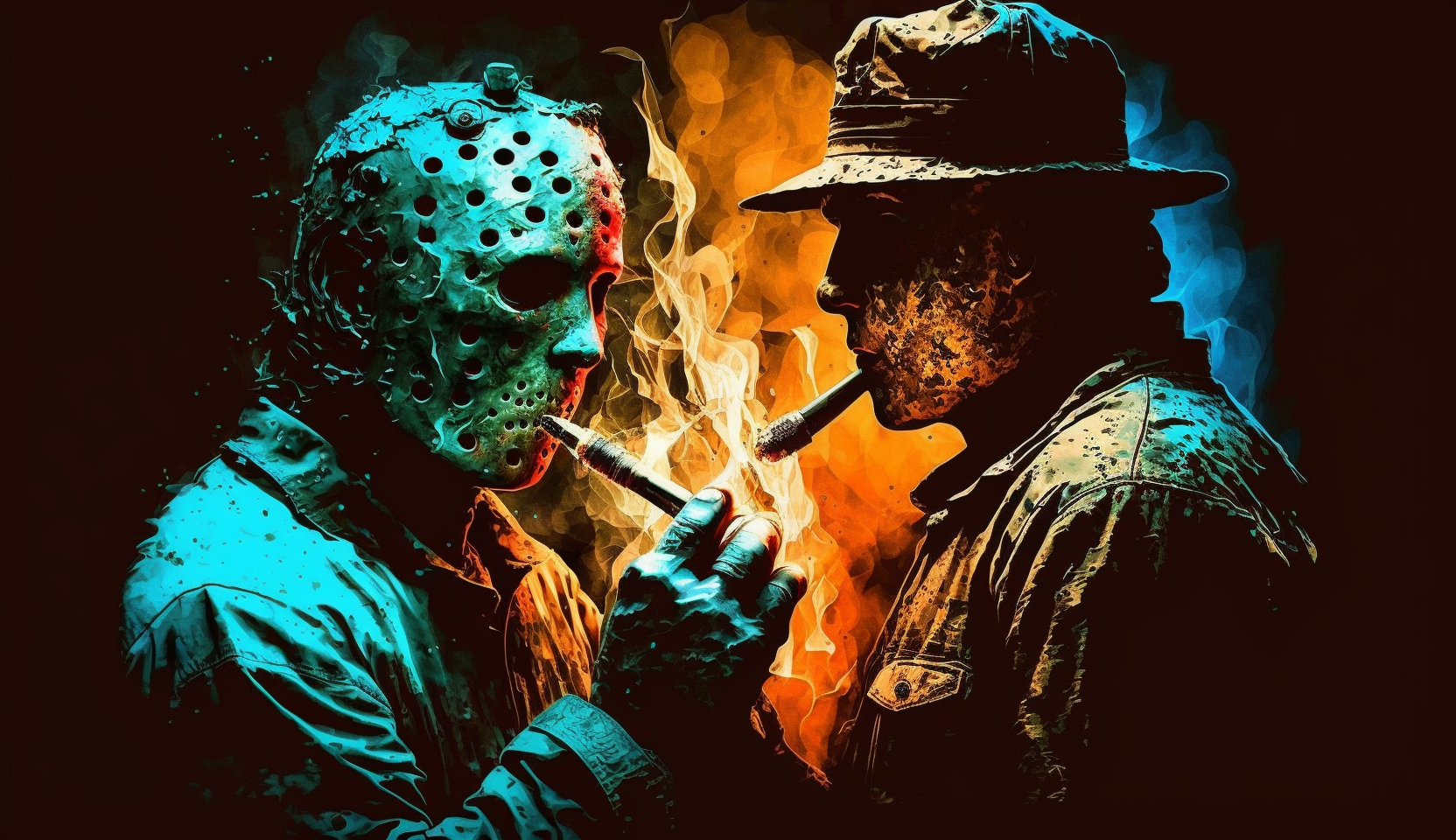Since long before MTV marijuana has played an integral part in popular music.
It’s prevalence in certain genres of music is so substantial that it has taken on a quality of assumption. I mean, nobody ever had to explain to someone that there’d be joints smoked at a Sublime concert. Weed is the the only substance that really has its own kind of music and some musicians are so defined by their label as a “pot-smoker” that it is one of their most notable attributes. Is it really possible to picture Hendrix without conjuring the image of that poster of him with a big old joint in his mouth? Some artists just seem to become synonymous with the beautiful herb. I’m curious about when that started and l if it’s actually still a thing. I think we’ve established so far that I’m not cool and I don’t necessarily know what’s in or out. But I’m curious.
So let’s start from the beginning. When did musicians start positioning themselves as pot smokers? Who was the first to have pothead as a substantial attribute of their public image?
According to cannabis historian Ernest Abel, it was in bordellos, where music provided the background and not the primary focus of attention, that marihuana became an integral part of the jazz era. Unlike booze, which dulled and incapacitated, marihuana enabled musicians whose job required them to play long into the night to forget their exhaustion. Moreover, the drug seemed to make their music sound more imaginative and unique, at least to those who played and listened while under its sensorial influence.
In fact, during the 20s it was musicians that were truly in the know when it came to marijuana. Your average person didn’t have a clue what was meant by “Mary Warner, reefer or griffa” and these terms didn’t become part of the common vernacular for a long while. Louie Armstrong was one of the first and most famous to reference marijuana in popular music. Of course as they always have, celebrities inspire other celebrities and the general public to follow their lead….
In the years to follow it came to be that many of the most popular musicians were enjoying cannabis on a very regular basis. Clearly the jazz and bluegrass artists of ths forties and fifties did more than simply influence the musical tastes of the next generation. Throughout the sixties lawmakers cried foul while the masses sang along with Bob Dylan, asserting that” Everybody must get stoned…” While I did not have the privilege of being alive during the sixties, it seems that was the decade where pot and music really became associated in a more mainstream fashion.
Even the artists that held a rather wholesome public image were under the influence. At the height of Beatlemania in the Summer of ’65, according to John Lennon: “The Beatles had gone beyond comprehension. We were smoking marijuana for breakfast. We were well into marijuana and nobody could communicate with us, because we were just glazed eyes, giggling all the time.” It’s amazing to read those words so many years later. The quote above sounds like the tale of some goofy young adults, not the story of one of the most influential bands in history. And yet weed and other drugs became a driving creative force behind The Beatles. Just listen to Revolver or look at their album art, I mean “drugs” should probably have a writing credit in there somewhere.
Music and pot went hand in hand with the rebellious nature of the 60s; the sexual revolution and the feminist movement are intimately related to the marijuana culture. So emerged hippy feminist icons like Janis Joplin and Joni Mitchell, woman beloved for their music but also admired for their free-loving, pot-smoking lifestyle.
Marijuana was the ever-present companion to many of the most popular acts of the sixties and seventies all while maintaining a sort of slacker stigma. It’s incredible that a drug that influenced some of the most revered music in history was also labeled as the calling-card of society’s unproductive. Between its impact on the creative process and its influence on various social movements one could venture that marijuana has done more or society than most politicians. That’s about as political as I’m willing to get here friends.
Where we’re we? The sixties and seventies! I think most people are familiar with the various icons of that era that became synonymous with marijuana use. Jimi Hendrix, Jefferson Airplane and Bob Dylan are just the tip of the iceberg in an era where an entire festival (Woodstock) became the symbol for a generations taste in both music and substances.
I suspect that the greatest power of this era lies not simply in the influence it had on the people that lived it but also in its sheer level of infamy. Everything is so distinctly different from what preceded. The formal and oppressive styles of the forties and fifties were finally shed and replaced with the liberating fashions of the sixties and seventies. Musicians were suddenly celebrated for being publicly wild and flawed beings (although they may have been arrested from time to time). The sixties and seventies were clearly a turning point for society and maybe that’s a big part of what continues to fascinate us. And lets face it, the music was just so incredible and everyone just looked like they were having the best time!
In the next installment we’ll move forward to a time where the icons associated with marijuana were a little less rock n roll.
Until then, why not try out my Marijuana Musicians Playlist #1 and maybe you’ll discover your next soundtrack to smoke to…
- Peggy Lee – Why don’t you do right (Get me some money too)
- Jimi Hendrix – The Wind Cries Mary
- Louie Armstrong featuring Ella Fitzgerald – Summertime
- Jefferson Airplane – White Rabbit
- Bob Dylan – Visions of Johanna
- Grateful Dead – Casey Jones
- Neil Young – Southern Man
- The Rolling Stones – Sweet Virginia
- The Doors – People are strange
- Velvet Underground – I’m Waiting for the Man
- Willie Nelson – Crazy
Sources
Russel Cronin, History of Music and Marijuana Part 1, https://www.cannabisculture.com/content/2004/09/08/3434/, 2004
Joe Daher, How Marijuana has influenced modern music, https://www.thedartmouth.com/article/2022/04/trends-how-marijuana-has-influenced-modern-music, 2022



